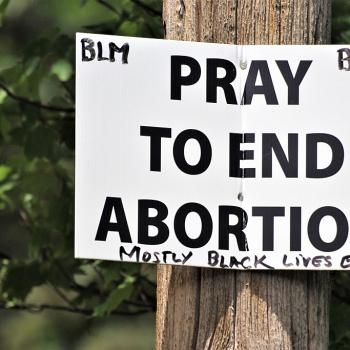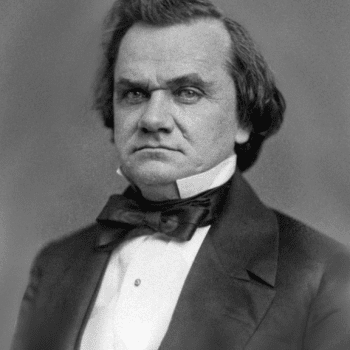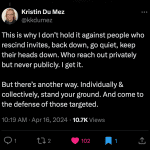We’ve blogged about the book by Daniel K. Williams, Defenders of the Unborn: The Pro-Life Movement before Roe v. Wade, which shows how opposing abortion used to be a liberal issue. The Religion & Politics site features a fascinating interview with Prof. Williams, who goes on to observe that conservatives were often the ones supporting legalized abortion.
From Eric C. Miller, interviewing Daniel K. Williams, When Being Pro-Life Did Not Mean Being Conservative, Religion & Politics:
R&P: In the four decades after Roe v. Wade, the anti-abortion movement was largely defined by dual commitments to conservatism and Christianity. Your book suggests that things were very different before the ruling. How so?
DKW: Before Roe v. Wade, there was a vibrant pro-life movement, but it was not allied with political conservatism or with evangelical Christianity. Most of the pre-Roe pro-life activists were Catholics with liberal political sympathies shaped by their Church’s social justice teachings and the New Deal. They viewed their campaign to save the lives of the unborn as a human rights cause, which is why much of their rhetoric closely paralleled the language of the civil rights and anti-war movements.
Several state pro-life organizations of the pre-Roe era coupled their demands for restrictive abortion laws with a call for expanded social welfare programs for pregnant women and infants, and some called for the expansion of the War on Poverty. Many pro-life activists opposed the Vietnam War. Pro-lifers’ insistence on using the arguments of secular human rights liberalism enabled a movement that had started among Catholics to begin attracting the support of a number of liberal Protestants and a few Jews in the early 1970s.
The movement’s supporters in this era included such nationally known liberals as Eunice Kennedy Shriver (sister of John F. Kennedy), Ted Kennedy, Senator Mark Hatfield, Jesse Jackson, and a host of others.
By contrast, many of the nation’s best-known Republicans had little regard for the pro-life movement in the late 1960s and early 1970s. Most of the nation’s first abortion liberalization laws were signed by Republican governors such as Spiro Agnew in Maryland, Nelson Rockefeller in New York, and Ronald Reagan in California. The nation’s leading conservative Republican, Senator Barry Goldwater, was an early supporter of abortion rights, as were many of the more moderate members of his party, such as Senators Howard Baker, Lowell Weicker, and Robert Packwood.
Evangelicals had mixed views on abortion in the early 1970s. Although a number of prominent evangelicals denounced abortion, very few joined a pro-life organization, which meant that the campaign for the rights of the unborn was led almost entirely by Catholics and a few mainline Protestants whose political views were well to the left of the nascent Christian Right.
In short, there was little evidence of a connection between political conservatism and the pro-life movement before 1973. The pro-life movement at the time was politically diverse, but its arguments were grounded in the language of human rights liberalism, and many of its leaders were liberal Democrats who supported an expanded social welfare state.
[Keep reading. . .]
















